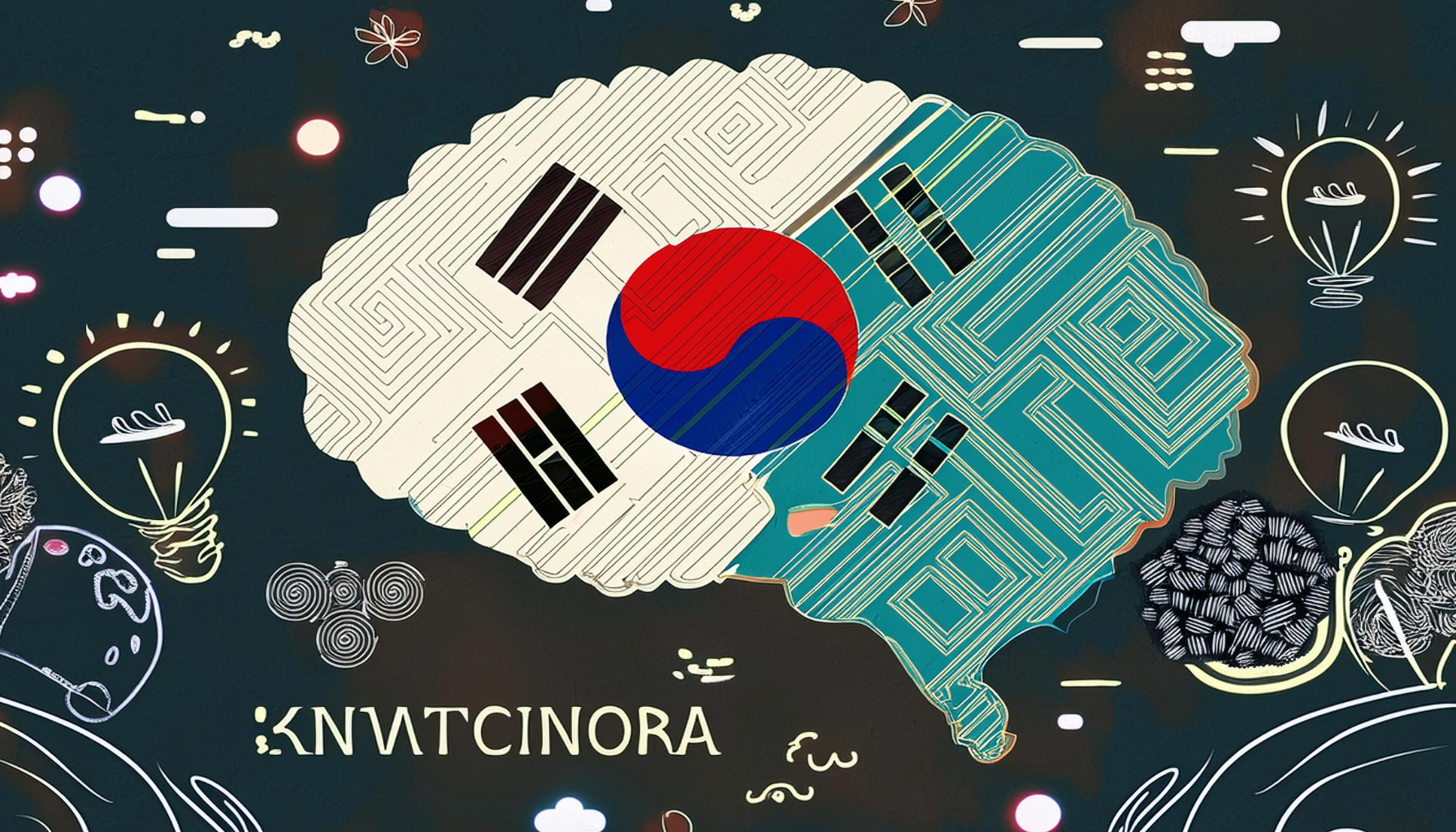
Invalid table data
I still remember the first time I got my hands on a computer—back then, I had no clue how quickly technology would shape our everyday lives. Today, we see that innovation and creative thinking spark progress not only in big tech, but also in the ways we communicate, work, and even entertain ourselves. One place that really caught my eye is Korea, a country that blends modern technology with a vibrant cultural scene to push the limits of possibility.
The Spark Behind Korea’s Innovation
Korea’s fascination with 혁신 (hyeok-sin), meaning innovation, is visible all around. From sleek smartphones to cutting-edge AI projects, you’ll see a playful quest for what’s next. I’ve had the pleasure of chatting with friends who lived in Seoul, and they always mention how people there embrace experimentation—like a tiny café that offers not just coffee but also shared workstations for aspiring artists and entrepreneurs.
Even the Korean language itself can reflect this forward-thinking nature. For example, the concept of 창의성 (chang-ui-seong) refers to creativity that fuels imaginative solutions in daily life. When Koreans say, “창의성을 발휘해 봐!” (chang-ui-seongeul balhwihae bwa!), they’re literally encouraging someone to "try displaying your creativity!" That phrase always makes me grin because it’s like a friendly nudge to dream up bold ideas instead of settling for the usual.
Underlined examples of Korean vocabulary sometimes surprise learners. A buddy of mine found the term 디자인 사고 (dijain sago) particularly cool. It means underlineddesign thinkingunderlined, focusing on aesthetics and user experience as much as functionality. In Korea, that perspective has influenced everything from smartphone layouts to futuristic architecture.
Everyday Innovation in Korean Life
Tech Startups: Korea’s startup ecosystem is buzzing with developers who thrive off small experiments and fast pivots.
Smart Homes: Many Korean households integrate digital systems that handle chores like controlling the lights or scheduling laundry.
Collaboration Spaces: Coworking offices offer communal areas to brainstorm, share ideas, and power through projects together.
Street Food Upgrades: Did you know that some street vendors now take contactless payments and offer online ordering? So handy!
When I was discovering these everyday marvels, I realized that Koreans aren’t afraid to give new ideas a shot, even if there’s a chance of failing. Trial and error, in my humble opinion, seems to be part of people’s natural routine over there.
The Fusion of Tech, Design, and Culture
You can’t talk about Korean innovation without mentioning K-Pop, which stands out as an international phenomenon. K-Pop music videos are known for their eye-popping visual effects. Consider the phrase 뮤직비디오 (myujik bidio)—it’s just “music video” in Korean, but the creative detail in these productions is next level. They use vibrant sets, futuristic costumes, and slick choreography to capture viewers’ attention worldwide.
Bold choreography that merges hip-hop, ballet, or traditional folk movements.
Ear-catching tunes with subtle references to Korean phrases.
Underlinedhigh-impact visualsunderlined that tell unique stories without relying on overused clichés.
Harmy voice layering that emphasizes certain lyrics in a rhythmic, addictive way.
These aspects don’t just make for fun entertainment; they also show how deeply creativity is woven into Korean society. K-Pop’s success highlights the synergy of technology, design thinking, and cultural expression—a blend that keeps pushing music and performance to new limits.
Learning a Bit of Korean for Fun
If you want to pick up a few useful Korean words to connect with this innovative culture, try these:
안녕하세요 (annyeonghaseyo) – Hello (formal)
고마워요 (gomawoyo) – Thank you (friendly tone)
화이팅 (hwaiting) – A cheer used to encourage someone, like “You got this!”
대박 (daebak) – Literally “big fortune,” but folks say it to mean “amazing” or “awesome”
Sometimes, people even combine them, so you might hear someone shout, “화이팅! 진짜 대박이야!” (Hwaiting! Jinjja daebakiya!), which is like “Go for it! That’s seriously awesome!”
Conclusion: A Never-Ending Journey
Every time I think about Korea and its spirit of unending curiosity, I get this urge to explore new ideas myself. The country’s passion for underlined innovation underlined genuinely resonates with me. Whether it’s creating the next smartphone design or producing jaw-dropping music videos, Korean innovators show us how a dash of 창의성 can turn ordinary projects into something special.
On a personal note, I think the rest of the world can learn a bunch from Korea’s fearless approach. They embrace mistakes, strive to improve, and champion creative solutions that transform everyday life. After all, staying curious and trying new things—even if they seem a bit wild at first—might just lead us toward breakthroughs we never imagined. And honestly, I’m all in for that adventurous ride!